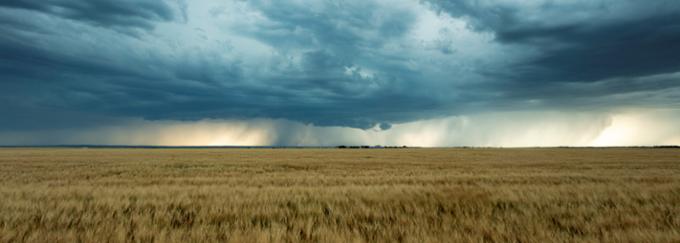
Department of Geography and Environmental Studies
Geography and Environmental Studies encompasses human geography, physical geography, and environmental studies.
Human geography analyses the way humans use and understand the world and addresses the spatial differentiation and organization of human activity and its interrelationships with the physical environment.
Physical geography—a component of Earth sciences—is the study of the natural processes that occur at and above the surface of the Earth.
Geography is one of mankind’s earliest scientific disciplines and studies the environment – everything that surrounds us, including human beings.
Environmental Studies encompasses the study of the planet and its intricate variety of living and non-living elements and processes, how human beings connect with the physical structures, institutions and economies we build, and the politics, language and culture by which we communicate.
Students in Geography and Environmental Studies develop a strong background in spatial thinking and analysis to understand patterns, pathways, and connections between physical environments and human environments.
Programs
Contact Us
Department of Geography and Environmental Studies
University of Regina
Classroom Building 340
3737 Wascana Parkway
Regina SK S4S 0A2
Department Head
Administrative Assistant
Mari-Louise Terblanche
Phone: 306-585-4222
Email: GES.Dept@uregina.ca
Connect With Us
Map Library
Established in 1968, the Department of Geography Map Library (Classroom Building 316) is the largest collection of cartographic material in Saskatchewan. A comprehensive collection of maps, atlases, cartobibliographies, periodicals, air photos, and other reference materials is maintained. The Map Library is extensively used for research, seminars, and teaching purposes by the faculty, students and researchers from various departments of the University. As the centre for cartographic information, it also provides reference and consultation services to other educational institutions, government departments, business community, and the public in general.
Dates and Hours of Operation
Generally open 1 week after the start of each semester (usually Fall and Winter, occasionally Spring/Summer), closed all university holidays including dates allotted for final exams at the end of each semester. For hours of operation each semester, please contact the Department.

The map collection includes maps from all areas of the world on a variety of subjects. Major acquisitions consist of:
- global, continental and regional scales covering a variety of physical and human themes
- topographic maps ranging in scale from 1:2,500,000 to 1:25,000
- thematic maps on many subjects:
- political and administrative maps showing countries, states, provinces, counties, municipalities, census divisions, electoral districts, and town plans
- physical maps showing geology, hydrology, geomorphology, geophysics, relief, soils, vegetation, climate and weather
- Canada Land Inventory land capability maps
- human and economic maps showing population, land use, agriculture, minerals, industry, trade, transportation, urban analysis, etc.
- historical maps
- navigation charts
The collection provides comprehensive coverage of Saskatchewan and is augmented with national and international sets both in bound and unbound formats.
Specialized and rare maps, atlases, gazetteers, and other reference materials are available. Reference and consultation services are provided.
Faculty and staff of the University may borrow maps. Students and off-campus users require permission from the department cartographer, Mark Cote or the Department Head.
Geography and Environmental Studies Students' Society
Join us!
Berlin Field Trip
Keep checking in for updates on a possible field trip to Berlin in Spring 2025.
GES 396AT - (De)Constructing Berlin: An Exploration of Urban Place and Time
This course offers a multidisciplinary approach to history and human/urban geography of Berlin, Germany. Emphasis is placed on selected themes in the physical, historical, cultural, political, and economic development of the city. The course includes a field trip to Berlin, Germany. Permission of the Department Head is required to register.
The course will potentially be cross listed with GER 396AA Berlin - Narratives of a City. No German knowledge is required!
Estimated cost: $5000; internal and external funding may be available.

